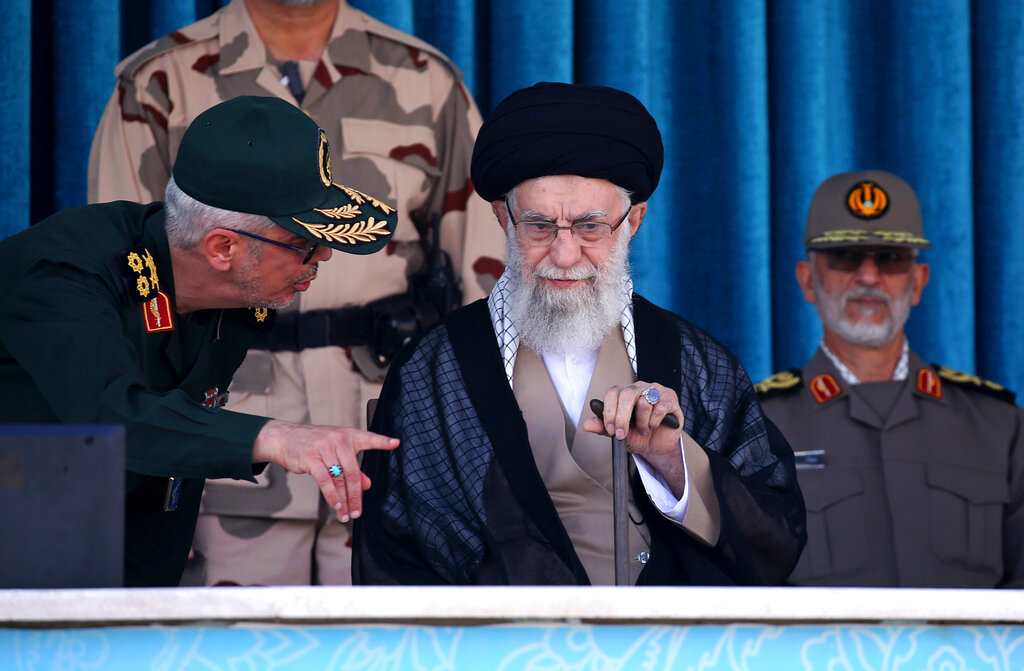The first incident happened May 5 at the University of Washington, an 800-acre campus of 51,800 students located in Seattle.
Protesting students set fires and occupied a building, where they barricaded themselves inside, and at least 30 people were arrested, according to Fox News.
In a statement, the UW condemned what it called “illegal building occupation” and an “antisemitic statement” issued by a student group, Students United for Palestinian Equality and Return.
"The University will not be intimidated by this sort of offensive and destructive behavior and will continue to oppose antisemitism in all its forms,” the statement also read.
Aaron Bandler is an investigative journalist at the Jewish Journal. He tells AFN he interviewed a student who witnessed protesters acting violently and even assaulting campus police officers. The student praised U of W for its response to the demonstration.
“It sounds like patience is really wearing thin on campus among the students with these types of protests,” Bandler observes, “how these protests are disrupting campus life."
A second, more violent protest happened May 7 at Columbia University. An eventual police crackdown, which cleared out the university’s Butler Library, ended with 80 arrests, 61 of them involving female protesters, made by the New York Police Department.
Two campus police officers were injured.
To its credit, Columbia punished the student protesters by banning 33 from campus and placing 65 students on interim suspension.

That crackdown comes after the Trump administration has warned public universities their federal funding is in peril if they allow the antisemitic protests to continue.
Bandler tells AFN he’s not surprised the campus protests are continuing because they are “ideologically-driven” protests.
“When you're that ideologically driven,” he says, “there is a constant sort of need and anger to continue on with this these protests.”







